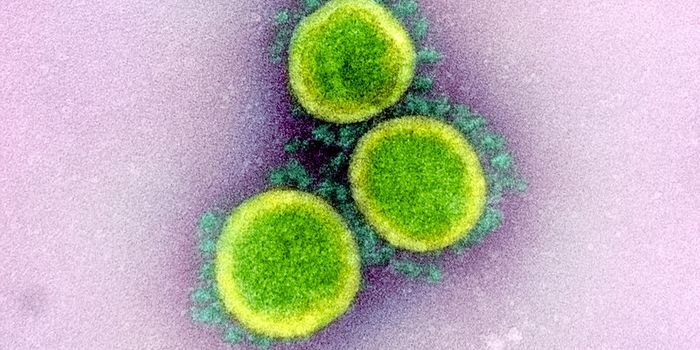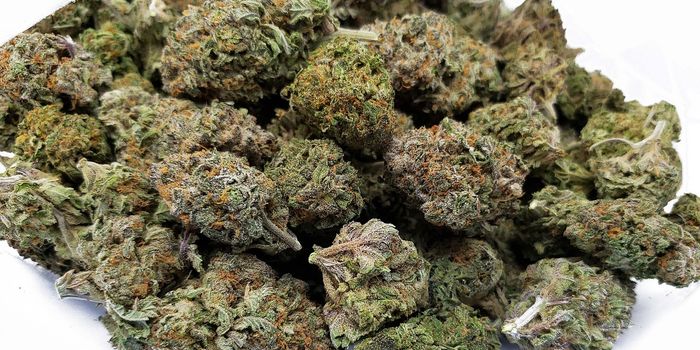For the first time in history, PASLI Disease has an FDA approved treatment: leniolisib
For the first time in history, PASLI Disease has an FDA approved treatment: leniolisib
Activated PI3K Delta Syndrome (APDS) is a rare primary immunodeficiency (PI) caused by genetic mutations in the genes PIK3CD or PIK3R1, both of which are essential to development of immune cells in the body. Mutations in these genes cause susceptibility to infections and potentially autoimmune symptoms where the body essentially attacks itself.
APDS is also known as PASLI Disease, and affects less than 1,000 people in the USA. Genetic testing is the only way to diagnose primary immunodeficiencies and is the only way to inherit PALSI Disease. Most primary immunodeficiencies are inherited, so the FDA recommends that family members of a patient with a confirmed PI should get genetic testing done.
Learn more about PASLI Disease:
Common symptoms of APDS are ear infections, sinus infections, respiratory tract infections, chronic cough, enlarged tonsils, enlarged lymph nodes, herpes infections, digestive tract issues, developmental delay, etc. People with APDS are also at higher risk for enlarged spleen, lymph nodes, lymphomas, and other blood cancers.
Pharming is a global pharmaceutical company that has developed leniolisib (Joenja) as the first treatment for APDS. The trial results were published in March 2023, and show that leniolisib is both efficacious and safe.
The trial found that leniolisib reduced lymphadenopathy (abnormal lymph nodes), increased the number of naïve B cells (an indication that the patient had improved immunodeficiency), and improved thrombocytopenic symptoms (helped with anemia, etc.) in patients. There were several other scientific findings that are remarkable too.
Side effects of leniolisib were essentially comparable to placebo, with there actually being more reports of side effects in the placebo group. This is not to say there are no side effects from leniolisib, since this trial had a pretty small sample size of 31 total people, 21 people receiving leniolisib and 10 people receiving placebo. Additionally, the study was only done for 12 weeks for ethical reasons, such as to not let the people receiving placebo go without treatment for their APDS. While 12 weeks is not enough time to look at decreasing infections, hospitalization, and other clinical trial endpoints, it is enough to conduct a preliminary trial to introduce the drug to get FDA approval.
Leniolisib is great for getting a rare disease proper attention as it deserves and help thousands of people worldwide. Future trials are highly anticipated, and it will be exciting to see other rare diseases finally get overdue treatments for it.
References:
https://primaryimmune.org/apds
Singh A, Joshi V, Jindal AK, Mathew B, Rawat A. An updated review on activated PI3 kinase delta syndrome (APDS). Genes Dis. 2019;7(1):67-74. Published 2019 Oct 14. doi:10.1016/j.gendis.2019.09.015
https://rarediseases.info.nih.gov/diseases/11983/pasli-disease
V. Koneti Rao, Sharon Webster, Anna Šedivá, Alessandro Plebani, Catharina Schuetz, Anna Shcherbina, Niall Conlon, Tanya Coulter, Virgil A. Dalm, Antonino Trizzino, Yulia Zharankova, Elaine Kulm, Julia Körholz, Vassilios Lougaris, Yulia Rodina, Kath Radford, Jason Bradt, Klaus Kucher, Anurag Relan, Steven M. Holland, Michael J. Lenardo, Gulbu Uzel; A randomized, placebo-controlled phase 3 trial of the PI3Kδ inhibitor leniolisib for activated PI3Kδ syndrome. Blood 2023; 141 (9): 971–983. doi: https://doi.org/10.1182/blood.2022018546








